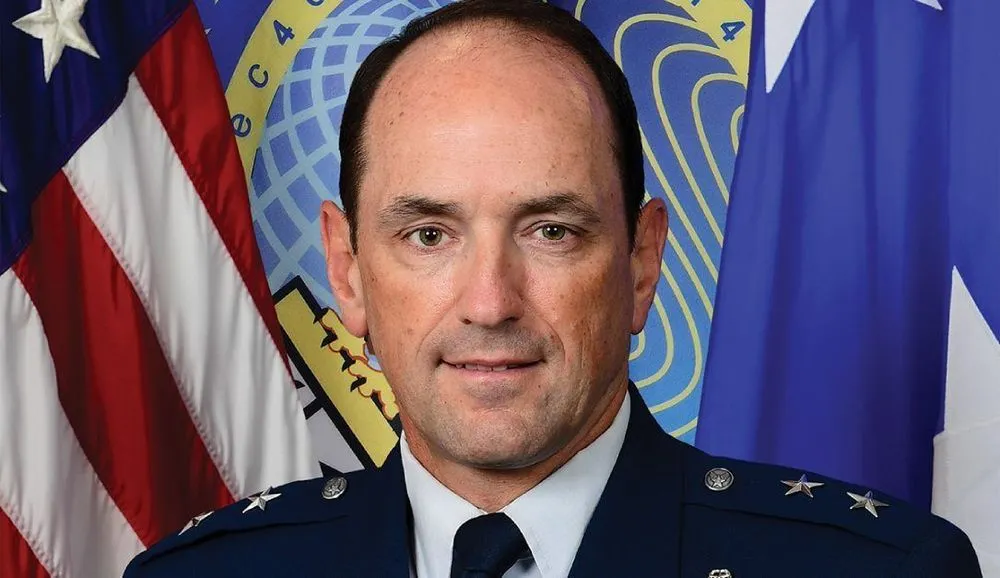Senate confirms new Air Force cyber chief
The Senate on Thursday confirmed President Joe Biden’s pick to be the new head of the U.S. Air Force’s information warfare branch.
Air Force Maj. Gen. Kevin Kennedy, U.S. Cyber Command’s director of operations, was approved by voice vote to be the next chief of the 16th Air Force (Air Forces Cyber) and receive his third star.
He will be only the second officer to lead the organization since the service consolidated two numbered air forces into a single entity in 2019 that included cyber and electronic warfare operations, among various other missions.
Kennedy will replace Lt. Gen. Timothy Haugh, who lawmakers confirmed in May to be the new deputy chief at Cyber Command.
Kennedy’s confirmation occurred late Thursday night — less than a week after he was advanced by the Senate Armed Services Committee — as the chamber cleared some of its agenda before the two-week July 4 recess.
The approval is the latest in a chain of personnel moves among the military’s top cybersecurity leaders. Senators this year already approved new heads to lead the Army and the Navy digital warfighting units, while the Marine Corps and the Coast Guard got new chiefs in 2021.
Kennedy, who did not have a confirmation hearing, has served at Cyber Command since 2020.
In his role as director of operation he “plans, coordinates, integrates and conducts mission command of full-spectrum Department of Defense Information Networks, defensive, offensive, intelligence, surveillance and reconnaissance operations in order to enable actions in all domains, ensure U.S. and allied freedom of action in through cyberspace and deny the same to our adversaries,” according to his service biography.
He previously served in various cyber-related posts within Air Force headquarters staff at DoD, the Joint Chiefs of Staff and the Office of the Secretary of Defense.
A command pilot, Kennedy also held a number of flying positions within the Air Force.
Martin Matishak
is the senior cybersecurity reporter for The Record. Prior to joining Recorded Future News in 2021, he spent more than five years at Politico, where he covered digital and national security developments across Capitol Hill, the Pentagon and the U.S. intelligence community. He previously was a reporter at The Hill, National Journal Group and Inside Washington Publishers.



